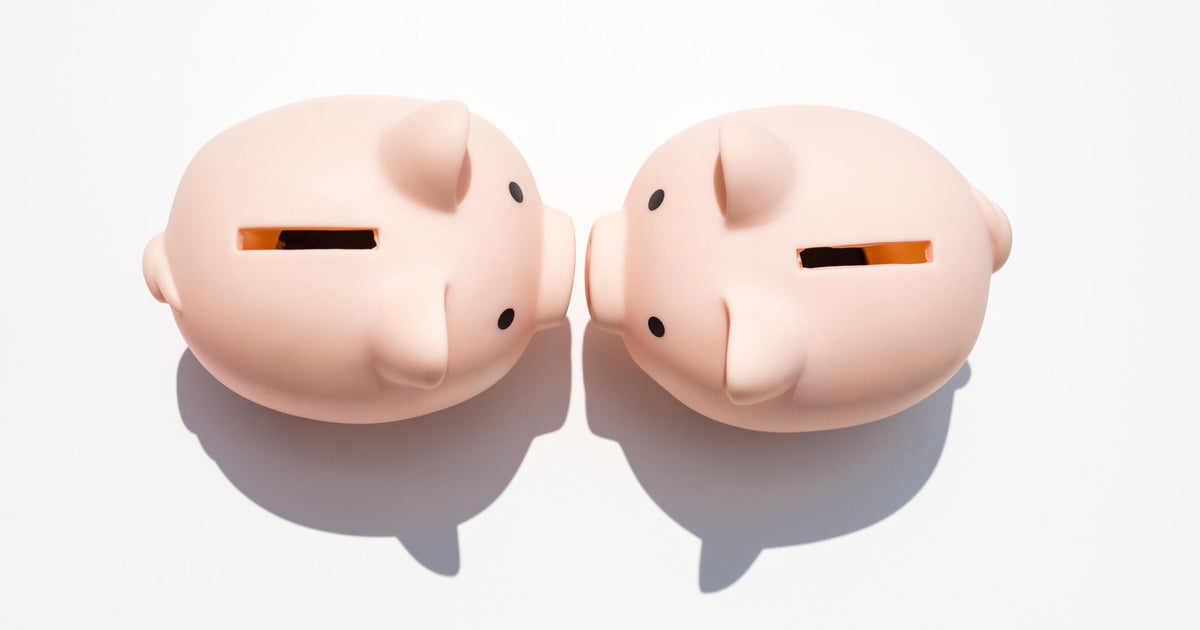Will credit card debt forgiveness cover my $5,000 debt?
While inflation has been cooling over the last few months, the inflationary environment that prevailed over the past couple of years is continuing to impact people's finances. Part of the issue is that the prices for consumer goods like food, gas and housing have remained high, and as a result, more people are stuck using their credit cards to make ends meet. Using credit to cover your essentials can be a risky plan, though, as the average credit card rate is sitting at a record high right now — and that can cause your balance to grow out of control quickly.
As credit card debt grows, so does the need to search for solutions. There are various debt relief options available, but one — credit card debt forgiveness — tends to be appealing for those overwhelmed by their high-rate credit card debt. Also known as debt settlement, this approach involves negotiating with your creditors to pay less than the full amount owed on your balance, with the remaining portion being "forgiven" during the process.
But while it can offer significant relief in some cases, it's not a one-size-fits-all solution. Those with higher amounts of credit card debt — such as $10,000 or more — are more likely to find success with debt forgiveness. What if your debt is $5,000, though? Is debt forgiveness still a viable option?
Find a solution to your expensive credit card debt now.
Will credit card debt forgiveness cover my $5,000 debt?
The short answer to whether credit card debt forgiveness will cover your $5,000 debt is: maybe. While debt settlement can work for smaller amounts, most debt relief companies require a minimum amount of unsecured debt before they allow you to enroll in their programs. For most companies, this threshold is $7,500 or more, meaning someone with $5,000 in debt may not qualify to enroll in a debt forgiveness program through a debt relief company.
This threshold exists because the cost and effort involved in negotiating settlements often make it less economically viable for smaller debt amounts. The lower your debt, the less profit there is for the company, especially since settlement agreements usually involve a percentage-based fee. That said, some companies may make exceptions, or you may be able to negotiate directly with your creditors without going through a third party.
If you attempt to negotiate debt forgiveness on your own, success could depend on how long the debt has been delinquent and the creditor's willingness to settle. Creditors are more likely to negotiate if they believe they might not be able to collect the full amount of the debt otherwise. This usually applies to older debts or those that have already gone into collections. For newer debts or relatively small amounts like $5,000, the creditor may push for full repayment or a settlement that doesn't offer much relief.
Your financial situation also typically plays a crucial role. Creditors are generally more likely to agree to a reduced payment if you can demonstrate significant financial hardship. In cases where it's clear that paying off the full balance is unmanageable, creditors may view a reduced lump sum as a better option than a total default.
Enroll in a debt relief program today.
What other debt relief options should I consider?
Given the potential challenges of pursuing debt forgiveness for a $5,000 credit card debt, it makes sense to explore your alternative debt relief options. Here are a few strategies that may be more suitable for managing a debt of this size:
Debt consolidation
Debt consolidation involves taking out a single loan to pay off multiple credit card balances, ideally with a lower interest rate than your credit cards. That allows you to make one affordable monthly payment while reducing your total interest costs. You may be a good fit for this option if you have good credit or can secure a loan at favorable terms.
Balance transfers
Another option is to transfer your $5,000 debt to a credit card with a 0% APR introductory offer on balance transfers. Many credit cards offer a promotional period where you can pay off the balance interest-free, which usually lasts between 12 to 21 months. If you can commit to aggressively paying down the principal during this period, you could significantly reduce the cost of carrying your debt.
Debt management
If you're struggling to keep up with minimum payments but aren't ready for debt forgiveness, credit counseling agencies can help. They work with you to create a debt management plan, which consolidates your credit card payments into a single monthly payment. Your credit counselor also negotiates reduced interest rates and fees with your creditors, which can make paying off your $5,000 debt more manageable.
The bottom line
While credit card debt forgiveness might seem like an attractive solution for a $5,000 debt, it's not always the most practical or accessible option. By exploring a range of debt relief strategies and choosing the one (or combination) that best fits your situation, you can create a realistic plan to overcome your credit card debt and pave the way for a more stable financial future.




